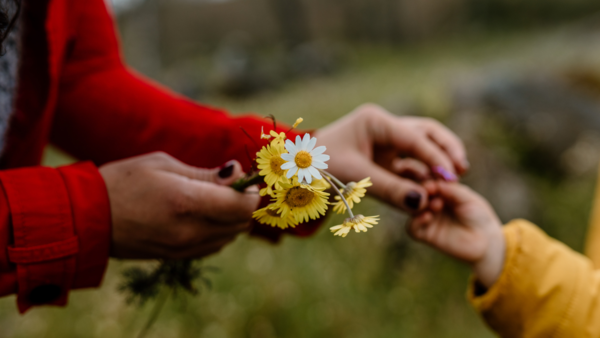Dependency
Some individuals may become overly dependent on their partners, seeking constant reassurance and validation. Trauma like child abuse may struggle with intimacy, vaginismus, avoiding closeness due to fear of vulnerability.
Fear of abandonment
Children who were neglected or abandoned by caregivers often struggle with fears of abandonment long into adulthood. They get insecure and scared when their partner goes out.

Irritable and anger issues
Getting irritable or easily annoyed with others. When we grow up in environments where we are frequently criticized, or witness others being criticized, we learn that this is a natural way to express our displeasure in relationships. We learn that our imperfections and quirks are intolerable, and project that intolerance onto our partners or others around us.
Hypervigilance
According to Dr. Poonam Poonia, Sr. Consultant, Clinical Psychologist at Cloudnine Hospital Gurgaon, “Growing up in a chaotic or unpredictable environment creates a lot of stress, and often leaves children’s central nervous system in a constant state of hypervigilance. These children who become adults may show the symptoms of anxiety, nervousness, and fear.”
Drug addiction or mental illness
When they grow up in unstable environments, with caregivers who struggle with drug addiction, mental illness, or even illness or death, children often develop a sense of guilt that comes from wanting to end a relationship before we have been able to “fix” the other person. Staying with someone who is not a good fit for us sometimes feels safer than being alone.
Fights or avoidance
Constant arguing or fighting in relationships or avoiding conflict at all costs. All relationships have conflict, but children who grew up in environments where parents were always arguing, or who avoided, subconsciously, do not learn the skills to have productive and healthy communication. When they grow, this relationship tends to come into their relationship because our brain is a very intelligent machine; it absorbs everything happening around us, and this creates a pattern as well. It has been observed that kids who have seen abusive parents tend to attract similar kinds of partners.
Discovering Freedom in Action: Bhagavad Gita Chapter 3, Verse 7
Source link
Modified by Maaaty at Cheap Generic Pharmacy

